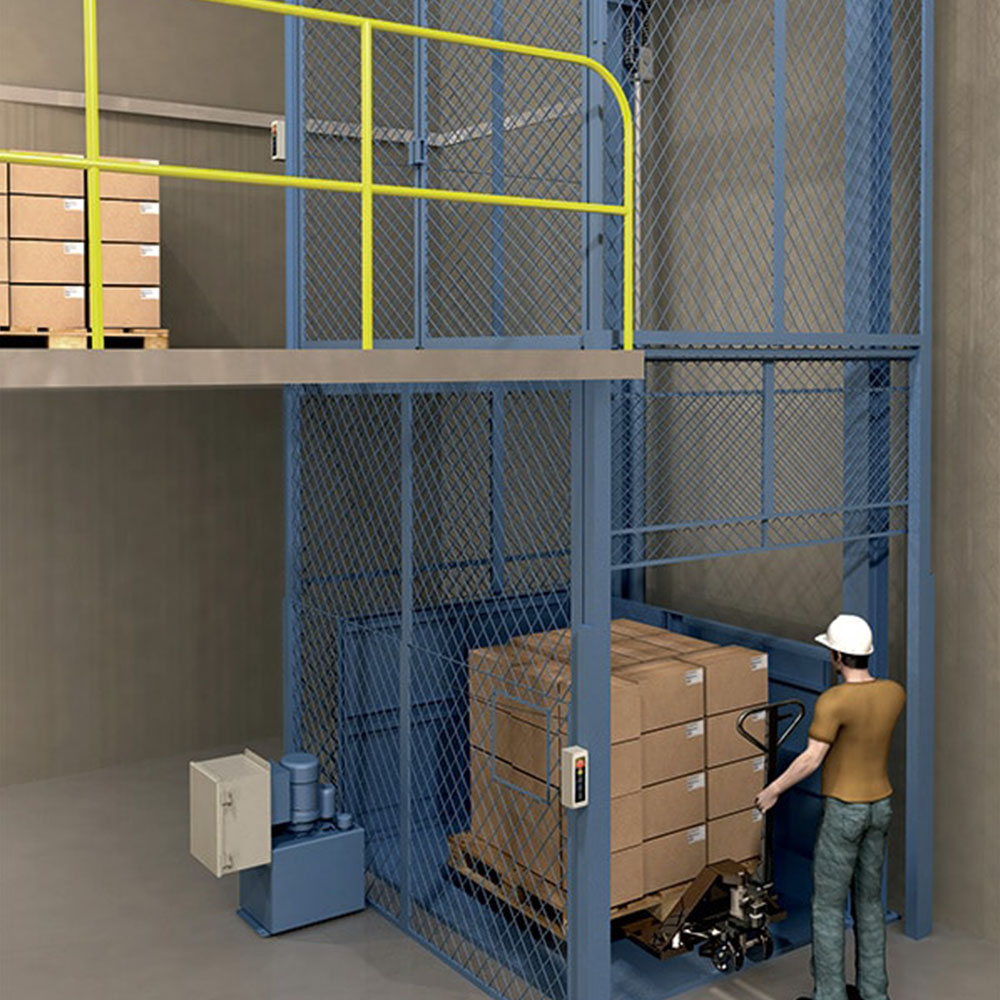Product description
Hydraulic lifts are essential equipment in various industries, used for lifting and moving heavy loads with ease. Whether it’s in warehouses, construction sites, or industrial settings, hydraulic lifts provide a reliable and efficient solution for material handling. In this article, Krishna Industries breaks down the pros and cons of hydraulic lifts to help you make an informed decision for your business needs.
Pros of Hydraulic Lifts:
- Powerful Lifting Capacity:
Hydraulic lifts can handle heavy loads with ease, making them ideal for industries where large items need to be moved or lifted. Their powerful hydraulic systems ensure smooth lifting, even for weights that are difficult to manage manually. - Smooth and Controlled Operation:
One of the key advantages of hydraulic lifts is their ability to offer precise control. The lifting mechanism is operated using hydraulic fluid, which allows for smooth and steady movement. This precision makes it perfect for delicate tasks, such as assembling components or positioning materials. - Versatility:
Hydraulic lifts come in various shapes and sizes, from scissor lifts to stackers and elevators. This versatility means they can be used for multiple applications across different industries, including manufacturing, construction, and warehousing. - Durability and Low Maintenance:
Hydraulic lifts are known for their robust construction. Built with durable materials, they are designed to withstand harsh working environments. Additionally, hydraulic systems typically require less maintenance compared to mechanical lifts, reducing downtime and repair costs. - Space Efficiency:
Many hydraulic lift models, especially compact ones like Krishna Industries’ Mini Hydraulic Stacker, are designed to be space-efficient. This makes them perfect for smaller workspaces, allowing you to maximize the available floor area.
Cons of Hydraulic Lifts:
- Slower Speed:
Hydraulic lifts tend to operate at slower speeds compared to electric or pneumatic alternatives. While they offer more power, this trade-off can be a drawback in time-sensitive environments where speed is critical. - Hydraulic Fluid Leaks:
A potential disadvantage of hydraulic systems is the possibility of hydraulic fluid leaks. Over time, wear and tear may lead to leaks, which can cause messy spills, affect the performance of the lift, and require maintenance. - Initial Cost:
Although hydraulic lifts are durable and long-lasting, their initial cost may be higher than other types of lifts. Businesses need to consider their budget when choosing a lift, especially if they are working in environments where frequent replacements may be necessary. - Temperature Sensitivity:
Hydraulic lifts can be sensitive to extreme temperatures. Cold weather can thicken the hydraulic fluid, reducing the lift’s efficiency, while hot weather can cause overheating. This might require temperature-specific maintenance to keep the system running smoothly.
Conclusion:
Hydraulic lifts are a versatile and reliable option for a wide range of industries. While they offer powerful lifting capabilities, smooth operation, and durability, businesses should also be aware of potential challenges, such as slower speeds and the need for occasional maintenance.
At Krishna Industries, we offer a wide range of hydraulic lifting solutions, including Mini Hydraulic Stackers and Scissor Lift Tables, designed to meet the needs of your workspace. Whether you’re looking to improve efficiency in a small warehouse or need powerful lifting for industrial applications, we have the right equipment for you.
Explore our range of hydraulic lifts and find the perfect solution for your business today!





Reviews
There are no reviews yet.